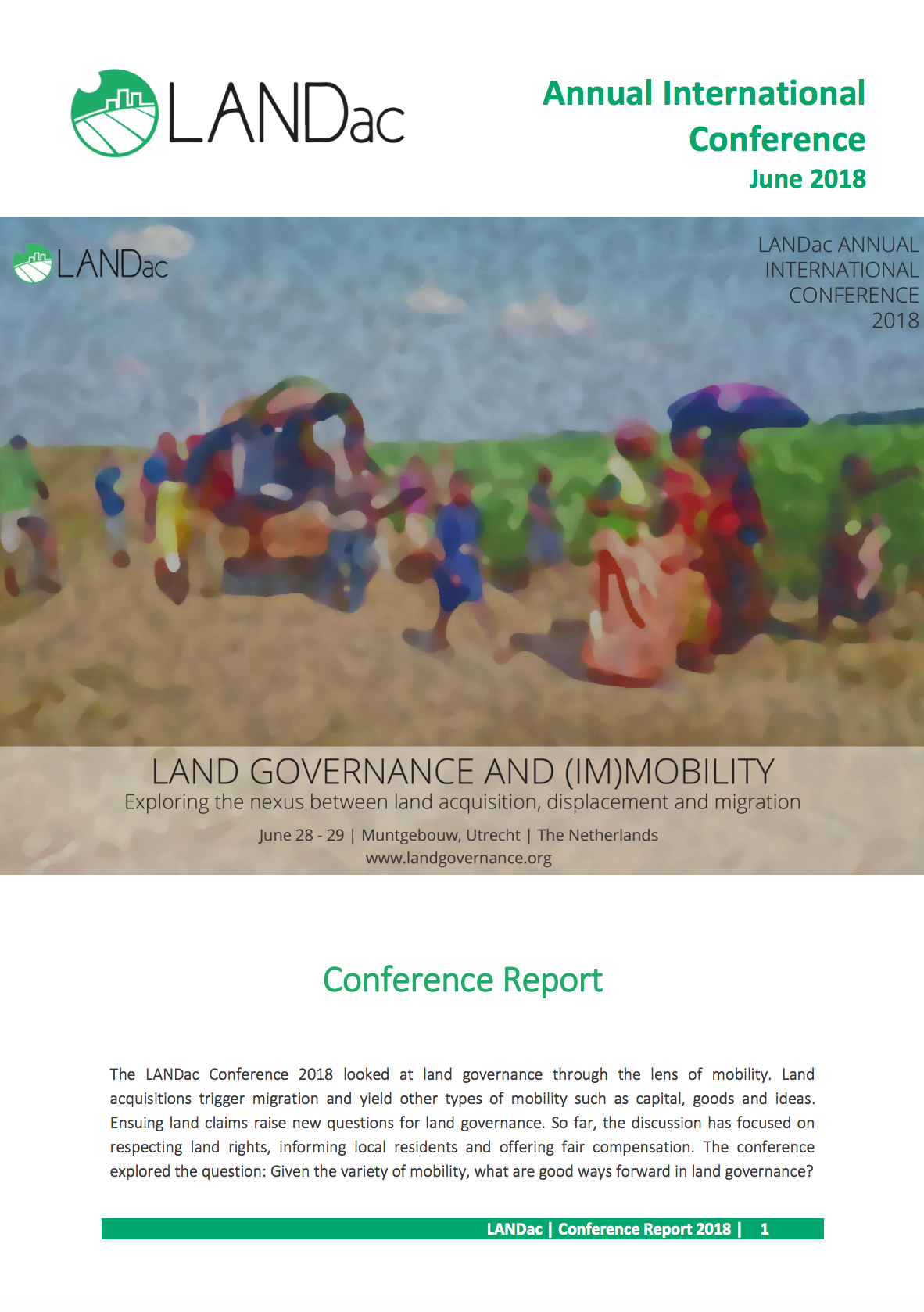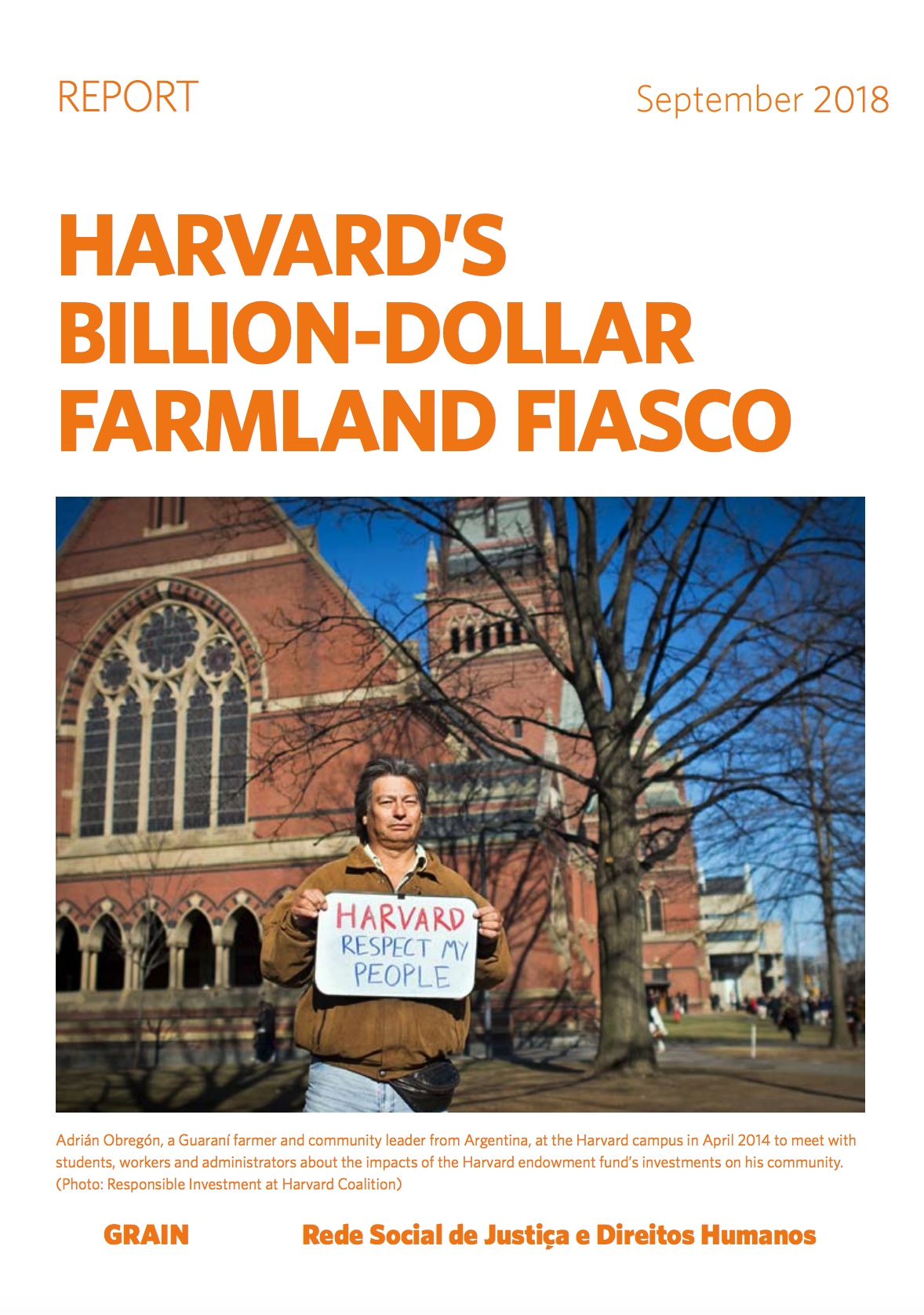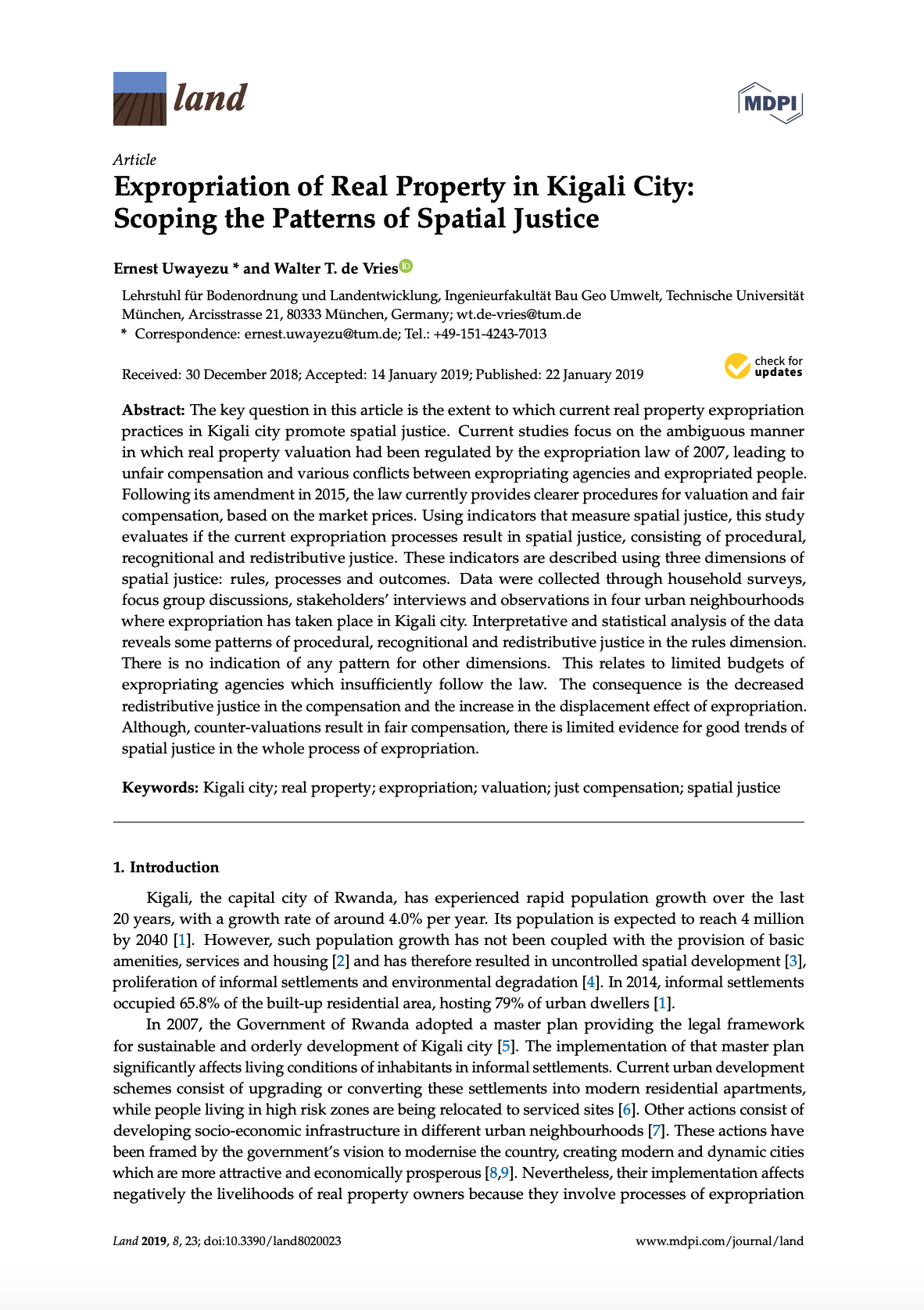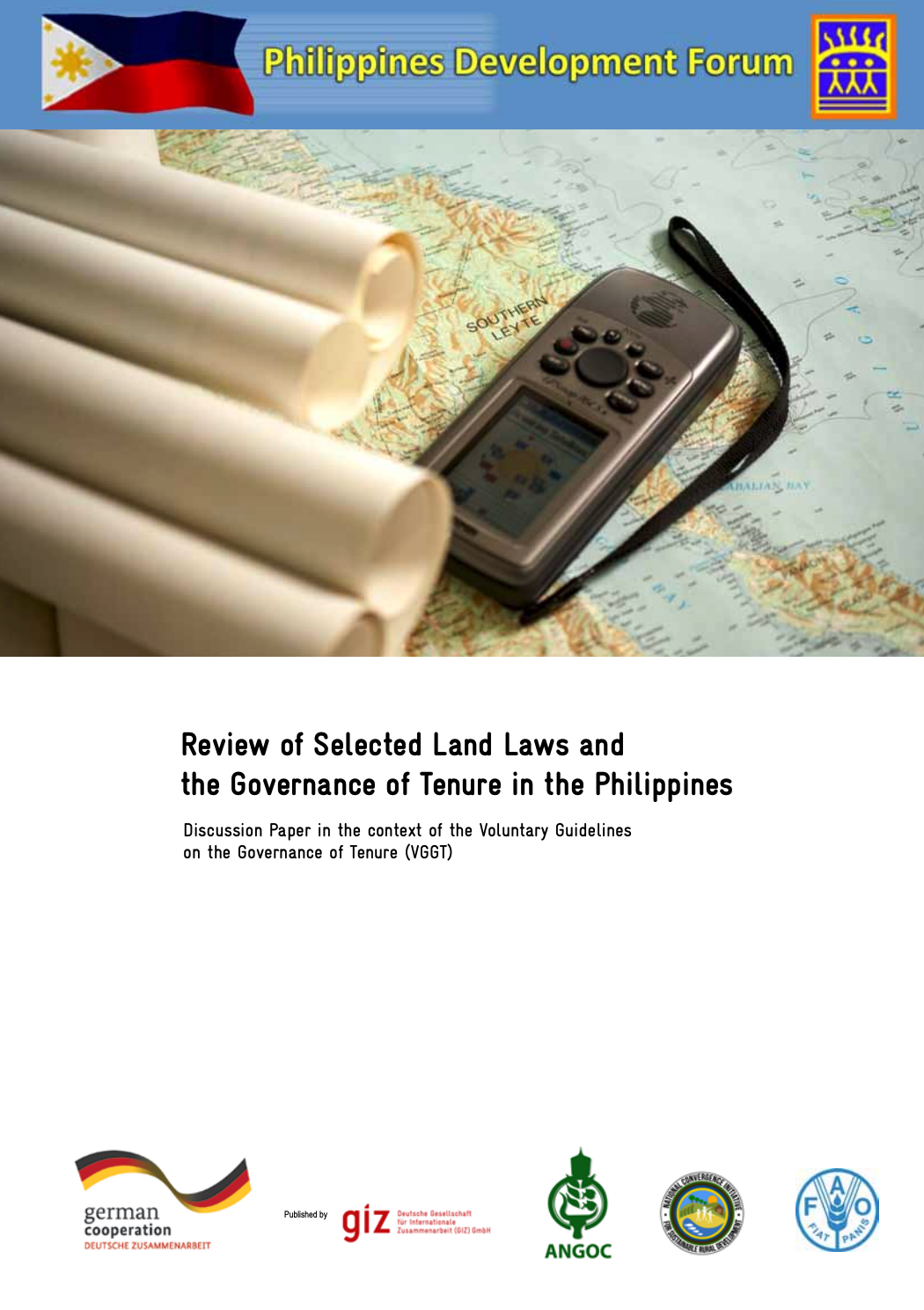Understanding Land Investment Deals in Africa. Country Report: Tanzania
Includes introduction, context, land deals (extent, nature and origins), key issues (land availability, consultations, compensation, agrofuels), impacts (food security, water, social and political effects), conclusions – major challenges include lack of information and coordination, secrecy and flaws in the investment processes, need for transparency and open debate.







